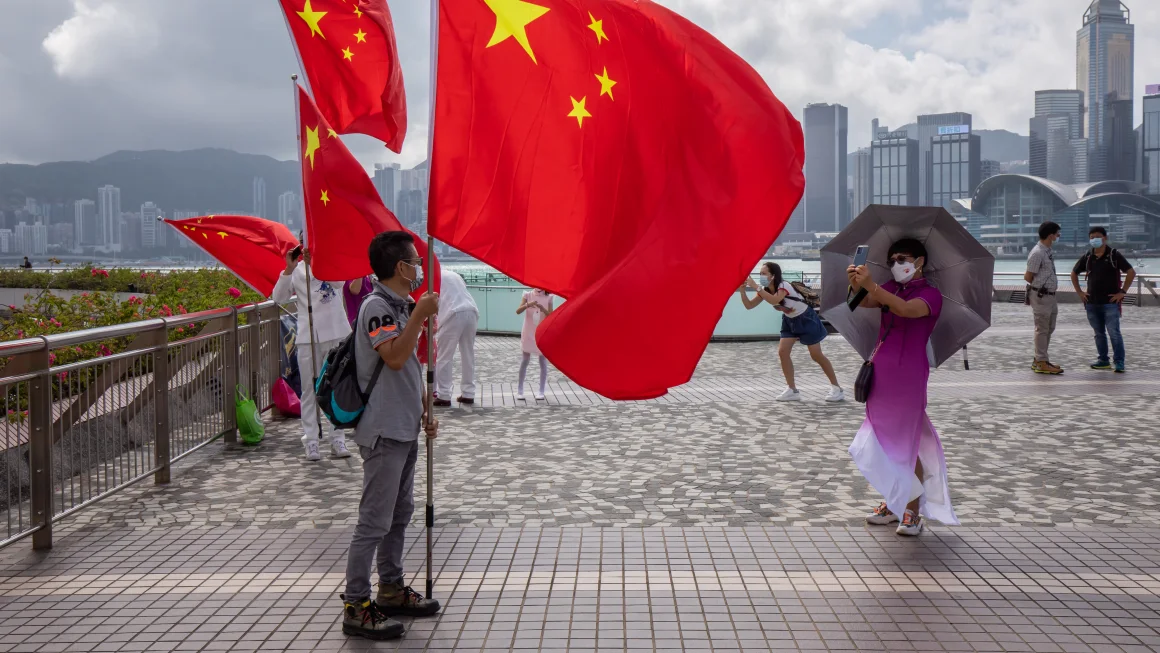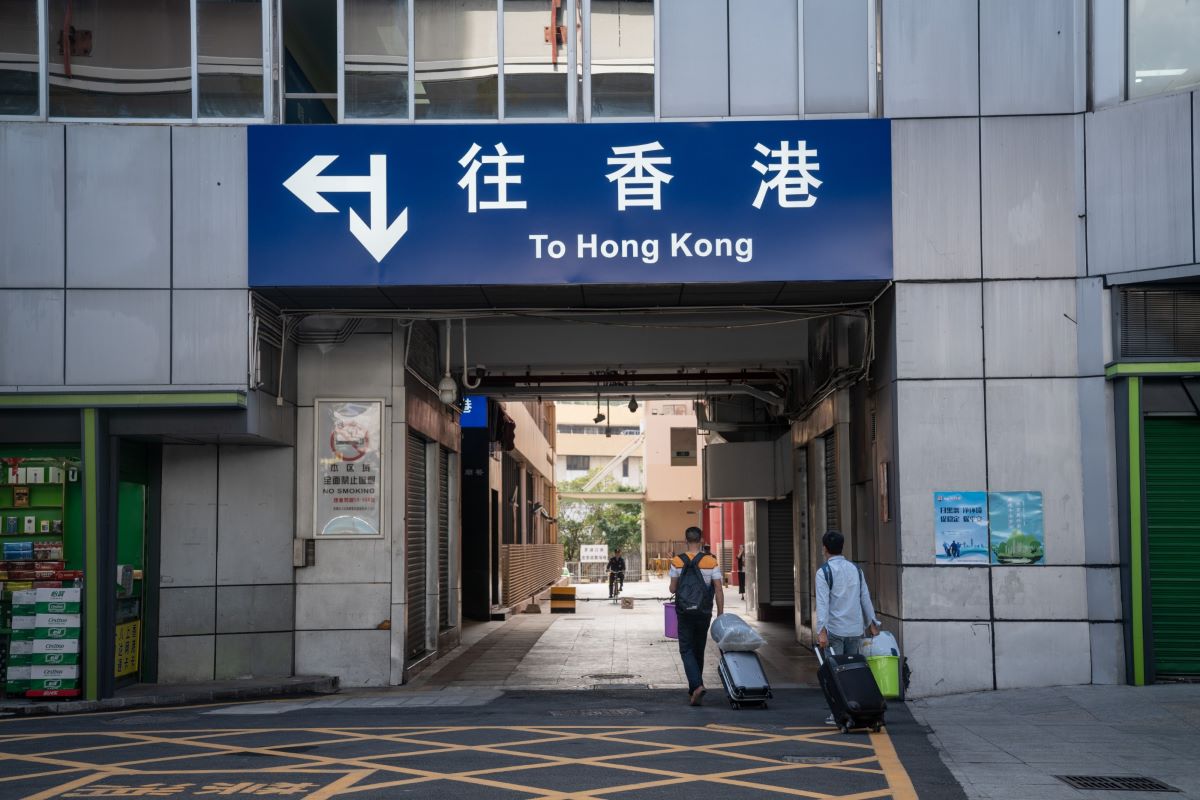With China reopening and easing its Covid restrictions, Hong Kong’s property market is expected to begin recovering in 2023, according to property consultancy Colliers Hong Kong.
Colliers anticipates that the retail market will particularly benefit, with Hannah Jeong, Colliers’ head of valuation and advisory services, informing on Thursday that it will experience the “best benefit.”
Despite this optimistic outlook, Colliers’ latest report identifies potential challenges that might hinder Hong Kong’s recovery this year, such as ongoing geopolitical tensions and the risk of a global recession.
“We are looking at a more cautiously optimistic view for 2023,” Jeong noted.
“There will be different uncertainties from external factors but borders opening is surely one of the booster[s] for many other sectors within the property market.”
According to Colliers, the retail sector, particularly high street shops, is expected to be the “first runner” in the post-Covid recovery in 2023, with increases in both rents and prices.
“We are looking at about an 8% increase year-on-year, in terms of the retail rental performance,” Jeong stated.
However, she pointed out that this increase is still approximately 25% to 30% lower than pre-Covid levels.
Colliers’ report also mentioned that despite China’s reopening, local consumption will remain “an important driver” for Hong Kong’s retail market in the coming year.

“The shifted shopping pattern of the Mainlanders over the last three years may paint a new picture for the retail market sentiment,” the report added.
In the office sector, Colliers predicts a 3% rebound in Grade A office rents this year, driven by “pent-up demand from Chinese and overseas companies.”
Nevertheless, Jeong noted that Hong Kong’s office market still faces a high vacancy rate of 14.7%. “But it’s not the end of the world because … compared with other peer cities, 8% to 10% is a generally reasonable number,” she added.
Hong Kong’s home prices fell to a five-year low in October, as rising interest rates increased borrowing costs.
This decline led to a “softening of investment demand,” according to Jeong, although demand from homebuyers remains.
“Homebuyers … [have been] utilizing this time when the market is softening, they can snatch the cheaper flats,” she explained.
“We’re no longer expecting a ‘huge drop’ in Hong Kong property prices,” Jeong added. “However, in 2023, I think the interest rate … will continue to go up. We are looking at stabilization at least in the second half of this year.”
Last month, Hong Kong raised interest rates by 50 basis points to 4.75%, following the U.S. Federal Reserve’s lead.
High borrowing costs are expected to dampen residential market demand, and a “negative 5% to 10% downward adjustment” should be anticipated for this year, Jeong said.







Leave a Reply